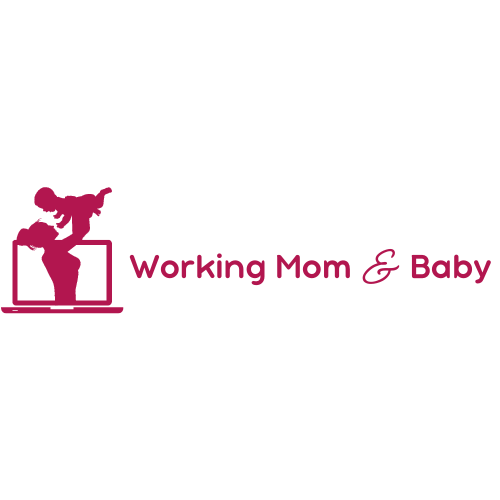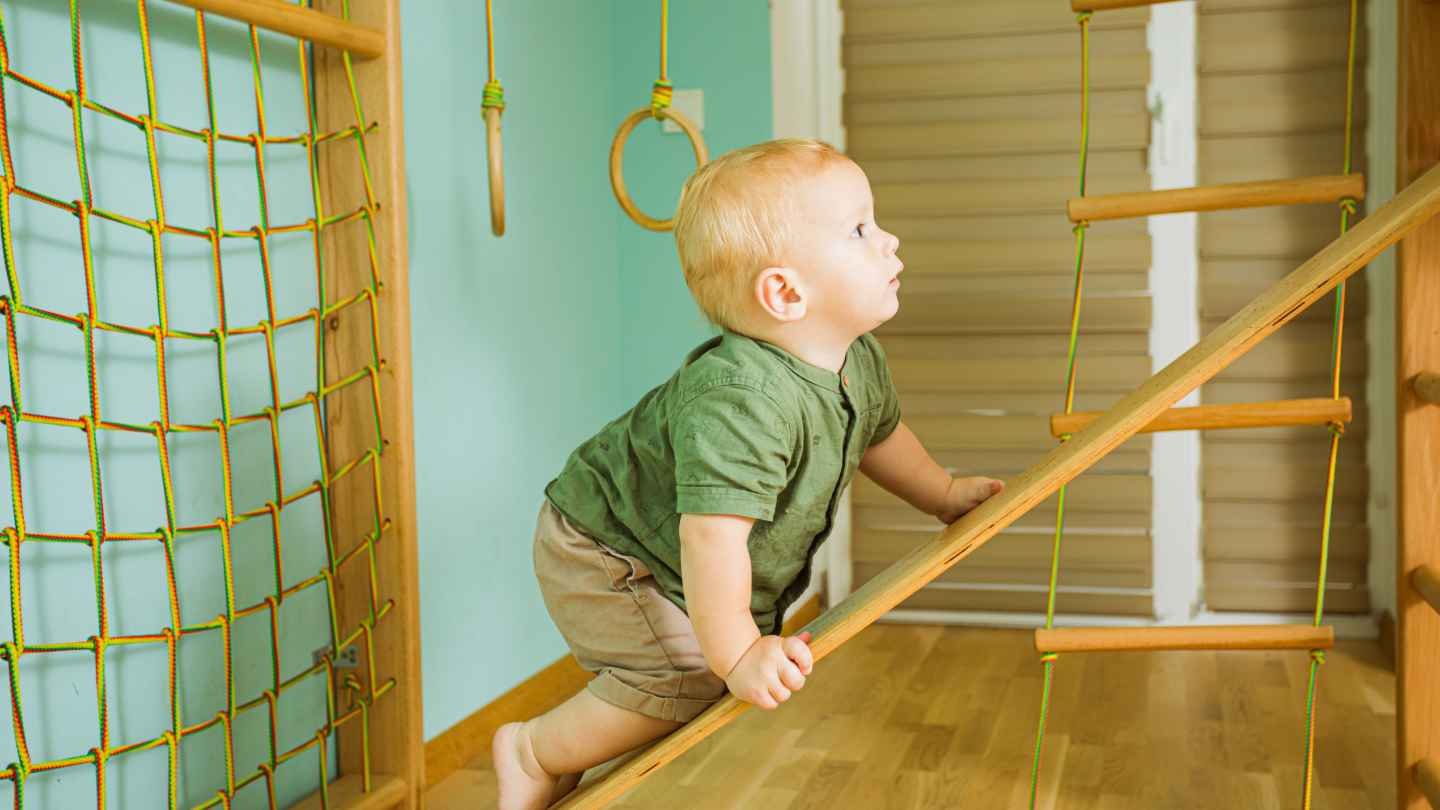As a working mother, you may wonder, “Am I affecting my child’s development by working full-time?”
It’s a question many moms grapple with, especially when trying to balance a career with parenting.
But there’s good news for you. Research shows that children of working moms can thrive in many ways. They can do well both emotionally and cognitively.
There are challenges. But, there are ways to keep your child’s development on track while you pursue your career.
Let’s explore what research says about working mother effect on child development. We’ll also share tips to help you support your child’s growth while you work.
Related Reading: The Honest Reality of Working Motherhood: The Good and the Bad You Need To Know
The Effects of Working Mothers on Child Development
It’s normal to worry about work affecting your child’s growth. However, studies show children of working mothers often do just as well, or even better, than those with stay-at-home moms.
1. They Get a Positive Role Model
One of the key benefits of being a working mom is that you’re setting a positive example for your child.
Children, especially daughters, may see their moms working. They may then understand the value of a career, independence, and self-sufficiency.
Boys raised by working moms may grow up with a more balanced view of gender roles.
2. They Have a Good Cognitive and Social Development

Research shows that children of working mothers perform as well in school as those with stay-at-home parents.
Additionally, studies find that kids of working moms are better at solving problems and are more socially aware. This is mainly because they interact with peers in daycare or childcare settings.
3. They Still Can Have a Secure Attachment (of Course!)
Some people worry about the emotional impact of a mother being away at work.
The reality is that with the right support system, children can securely attach to their parents and caregivers.
What’s most important is the quality of time spent together, not just the quantity.
How Working Moms Can Support Child Development
With a busy work schedule, you can still support your child’s growth. There are many ways to do this.
It’s about using your time well. Make sure your child feels loved, supported, and encouraged.
1. Make Quality Time Count

Working moms often feel guilty about not spending enough time with their kids. But it’s important to focus on quality, not just quantity.
Be Fully Present
When you’re with your child, be fully engaged. Put away your phone, close the laptop, and give your child your undivided attention.
Even small moments of connection, like reading a bedtime story or having dinner together, can make a huge difference.
Create Rituals
Daily rituals can comfort your child. They provide structure, making them feel secure and valued. The rituals can be like morning cuddles, family meals, or a bedtime routine,
2. Build a Strong Support System
Having a strong support system makes it easier to balance work and child development.
Choose Quality Childcare
Make sure you choose childcare that encourages development. It can be a daycare, a nanny, or a family member.
Find caregivers who are nurturing and provide a stimulating environment. This will help your child’s cognitive and social growth.
Involve Your Partner
If you have a partner, ensure that both of you are equally involved in your child’s care.
Sharing parenting responsibilities not only lightens your load. But also fosters a strong bond between your child and both parents.
3. Prioritize Your Child’s Emotional Well-Being

Emotional development is just as important as cognitive growth.
Children need to feel emotionally secure to thrive. Working moms can help by being emotionally available, even with little time.
Talk Openly
Encourage open communication with your child. Always being there to listen can help build trust. It shows you care, whether they are sharing their day or their feelings.
Provide Reassurance
If your child is anxious about you going to work, reassure them. Explain your routine and let them know when you’ll be back.
A clear routine helps them feel more secure.
4. Stay Organized and Manage Your Time
A well-structured routine helps both you and your child.
Good time management helps you balance work and life. This benefits your child’s development.
Set Boundaries at Work
To be present for your child, it’s important to set clear boundaries at work.
Let your employer and colleagues know when you’re available and when your focus is on family time.
Flexibility, if available, can be a game changer.
Prioritize Self-Care
You can’t pour from an empty cup. Take care of yourself, both physically and mentally, to be the best mom you can be.
Your well-being directly influences how present and engaged you are with your child.
Related Reading: The Top 5 Things Every Working Mom Needs—And How Partners Can Deliver
Do The Right Strategy to Impact Child Development Positively
So, does being a working mother affect child development? Yes, but not in the negative ways many might think.
With the right strategies, like those above, you can help your child thrive while you balance work.
What have been your experiences as a working mom balancing work and your child’s development? Share your thoughts in the comments below.Check out more articles about navigating motherhood and career on workingmomandbaby.com.

